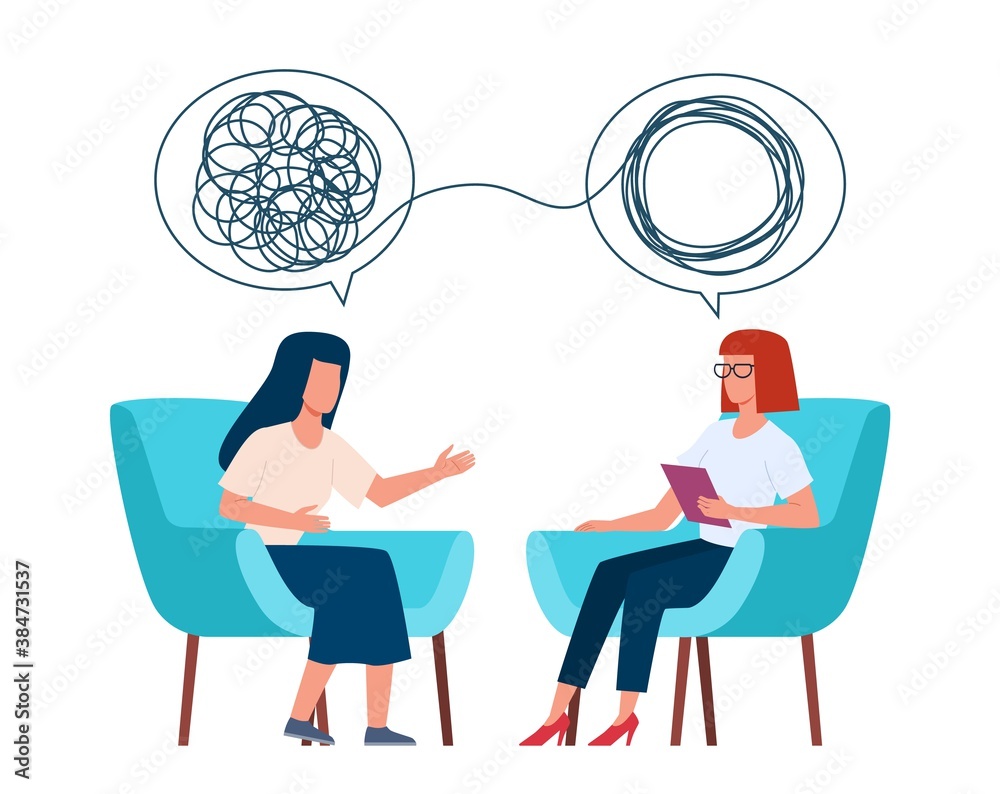Experience Lasting Modification with the Best Psychologist in Delhi: Right here's How
Experience Lasting Modification with the Best Psychologist in Delhi: Right here's How
Blog Article
Psych Therapy: A Comprehensive Overview to Strategies and Results

Cognitive-Behavioral Therapy
Cognitive-Behavioral Treatment (CBT) is a commonly utilized psychotherapeutic strategy that focuses on recognizing and customizing dysfunctional reasoning and behavior patterns. Established in the 1960s by Aaron T. Beck, CBT combines behavioral and cognitive theories to resolve different psychological health and wellness concerns, including clinical depression, anxiety, and stress-related conditions. The property of CBT is that maladaptive thoughts add to psychological distress and maladaptive habits. By reorganizing these ideas, people can achieve considerable improvements in their emotional health and daily functioning.
Strategies such as cognitive restructuring, exposure therapy, and skill-building workouts are commonly employed. Cognitive restructuring involves tough and modifying unfavorable thought patterns, while exposure treatment aims to minimize anxiety and anxiety via steady exposure to feared items or situations.
Evidence-based study supports the efficacy of CBT for a vast array of mental problems - Best Psychologist in Delhi. Its focus on ability acquisition and self-help methods equips customers to continue development independently after therapy concludes. The versatility and performance of CBT have made it a cornerstone in contemporary psychotherapeutic method
Psychodynamic Strategies
Rooted in the early concepts of Sigmund Freud, psychodynamic strategies concentrate on discovering the subconscious mind and its impact on habits and emotions. These approaches aim to discover covert ideas and sensations that might be driving maladaptive actions and psychological distress. Central to this strategy is the principle of inner dispute, frequently coming from unsolved previous experiences, especially those from childhood.
Therapists making use of psychodynamic techniques use several vital techniques, consisting of complimentary organization, where individuals are urged to speak freely to reveal subconscious product, and dream evaluation, which translates the unrealized web content of dreams. Furthermore, the expedition of transfer and countertransference characteristics within the restorative connection is critical. These communications can give insights into the patient's internal world and relational patterns.
Psychodynamic treatment is normally longer-term contrasted to various other techniques, using a extensive and deep understanding of the person's subconscious. Study indicates that it can be particularly efficient for intricate mental health issues, such as character problems and persistent clinical depression. By cultivating self-awareness and emotional understanding, psychodynamic therapy looks for to bring unconscious material to consciousness, enabling people to achieve purposeful and enduring change in their lives.
Humanistic Methods
Building on the structures laid by psychodynamic strategies, humanistic strategies supply a distinctive perspective concentrated on specific prospective and self-actualization. Originating in the mid-20th century, these techniques prioritize the fundamental benefits and growth potential of individuals, highlighting a holistic view of human experience. Secret figures such as Carl Rogers and Abraham Maslow have actually substantially influenced this therapeutic method, which includes approaches like client-centered treatment and Gestalt therapy.
Client-centered treatment, developed by Rogers, plays a critical duty in humanistic methods. The therapist's function is more of a facilitator than an authority, encouraging you can check here customers to harness their internal sources for healing.
Gestalt treatment, another essential humanistic method, emphasizes present minute understanding and the integration of mind and body. By concentrating on the "present moment," customers obtain greater insight into their present emotions and actions. Methods such as role-playing and guided visualization are usually employed to assist clients get a deeper understanding of themselves, inevitably causing boosted self-awareness and satisfaction.
Integrative Treatments
Integrative therapies represent a synthesis of different restorative techniques tailored to fulfill the unique demands of each customer. This technique acknowledges the complexity of human psychology and the complex nature of mental wellness problems. By incorporating aspects from various schools of psychotherapy-- such as cognitive-behavioral therapy (CBT), psychodynamic treatment, and humanistic methods-- integrative treatments supply a more flexible and holistic therapy paradigm.
Specialists of integrative treatment examine each customer's certain demands, signs, and individual background to design a tailored treatment plan. This personalized approach boosts the capacity for healing success by attending to the source of emotional distress and advertising total wellness. Techniques might consist of mindfulness exercises, cognitive restructuring, and psychological handling, each selected to target different elements of the customer's concerns.
Moreover, integrative treatments stress the restorative relationship, seeing the this post client-therapist bond as a vital element of effective treatment. This connection promotes an encouraging setting where clients really feel secure to check out and address their problems. The flexibility of integrative therapies makes them suitable for a broad series of problems, consisting of stress and anxiety, depression, injury, and social difficulties, therefore raising their applicability and efficiency in varied medical setups.

Gauging Treatment Outcomes
Assessing the performance of psychiatric therapy is important for both medical professionals and customers to make sure that the treatment is yielding the preferred outcomes. To accomplish this, numerous approaches and devices are utilized to measure therapy end results systematically. Standardized evaluation instruments, such as the Beck Clinical Depression Supply (BDI) and the Generalized Anxiety Problem 7 (GAD-7), give quantitative data on symptom seriousness and modifications gradually.
In addition to standardized tools, qualitative techniques like customer self-reports and professional meetings use useful understandings into the individual experiences and regarded development of customers. Frequently scheduled assessments, typically at the beginning, axis, and end of treatment, help in tracking the trajectory of improvement or identifying areas requiring modification.
End result dimension is go to the website not limited to sign decrease; it also encompasses useful improvements in every day life, such as much better social partnerships, enhanced job efficiency, and enhanced total wellness. Modern developments in electronic health and wellness have actually introduced mobile applications and on the internet systems that facilitate real-time surveillance and feedback, better fine-tuning the analysis process.
Eventually, a thorough method to gauging therapy results makes certain that healing interventions work, effective, and tailored to satisfy the specific needs of customers, thereby maximizing the general restorative experience.
Verdict
Humanistic methods focus on individual growth and self-actualization, while integrative therapies integrate numerous methods for customized treatment plans. Assessing treatment end results with standardized evaluations and qualitative approaches makes certain a detailed understanding of performance, eventually leading clients towards withstanding mental health and wellness improvements.
From the organized technique of Cognitive-Behavioral Treatment (CBT) to the deep expedition of the subconscious in psychodynamic therapy, each method brings special advantages. Its focus on skill acquisition and self-help techniques encourages clients to proceed progress individually after therapy wraps up (Best Psychologist in Delhi). Key numbers such as Carl Rogers and Abraham Maslow have significantly influenced this restorative technique, which encompasses techniques like client-centered therapy and Gestalt therapy

Report this page